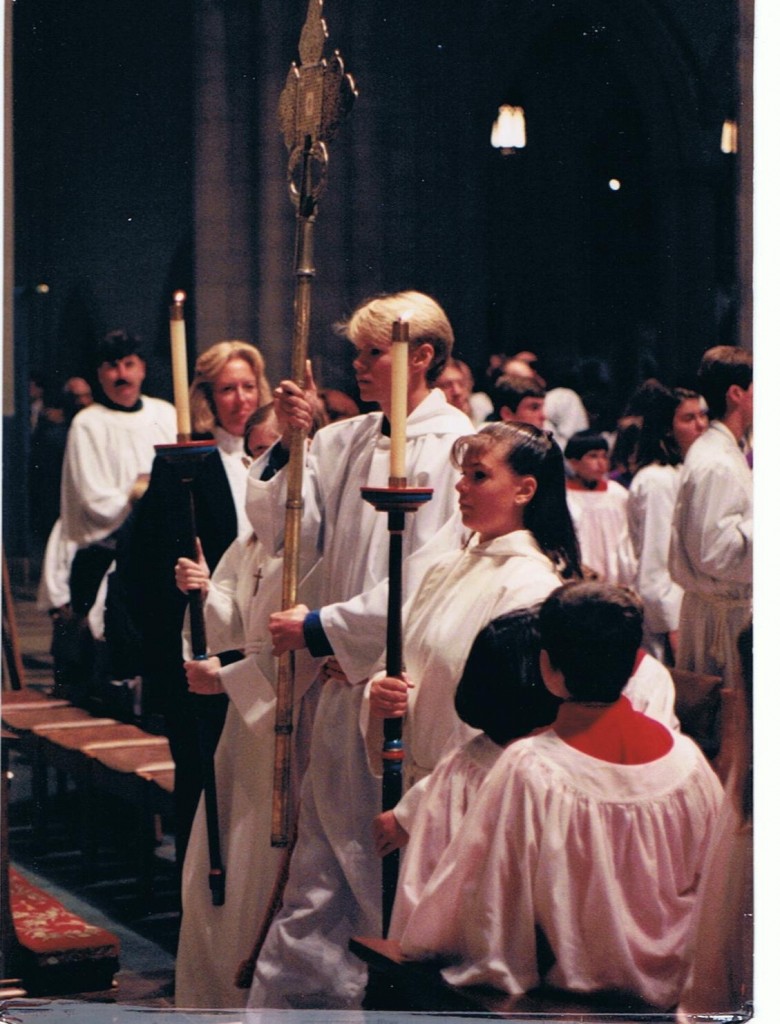Friday
Every year at this time, Julia and I pause to remember our oldest child, who died in a freak drowning accident on April 30, 2000. Justin was 21 at the time and, feeling exuberant on a beautiful spring day, he flung himself into the St. Mary’s River—a place where he had swum as a child—only to be grabbed by a rogue current and swept away. Life moved on, as life does, and our other two sons have given us five grandchildren between them, so we have much to be thankful for. Still, the wound of loss never entirely heals. Nor do I want it to since the pain somehow keeps him present.
Language can never do justice to the death of someone we love, but poetry comes closer than any other form of language to articulating our feelings, so as usual I share a poem. Today I turn to that luminous poet Jane Hirschfield, who captures both the way we acclimatize ourselves to a death and how it always remains poignant. After the poet makes her observation about the potency of life–a version of Dylan Thomas’s “And death shall have no dominion”–I love how she slips into an understated but oh so powerful parenthetical aside.
In that second ending, the distant comes close to where we can touch it again. The abstract yields to the personal.
Poem with Two Endings
By Jane Hirschfield
Say ‘death’ and the whole room freezes –
even the couches stop moving,
even the lamps.
Like a squirrel suddenly aware it is being looked at.Say the word continuously,
and things begin to go forward.
Your life takes on
the jerky texture of an old film strip.Continue saying it,
hold it moment after moment inside the mouth,
it becomes another syllable.
A shopping mall swirls around the corpse of a beetle.Death is voracious, it swallows all the living.
Life is voracious, it swallows all the dead.
Neither is ever satisfied, neither is ever filled,
each swallows and swallows the world.The grip of life is as strong as the grip of death.
(but the vanished, the vanished beloved, o where?)


